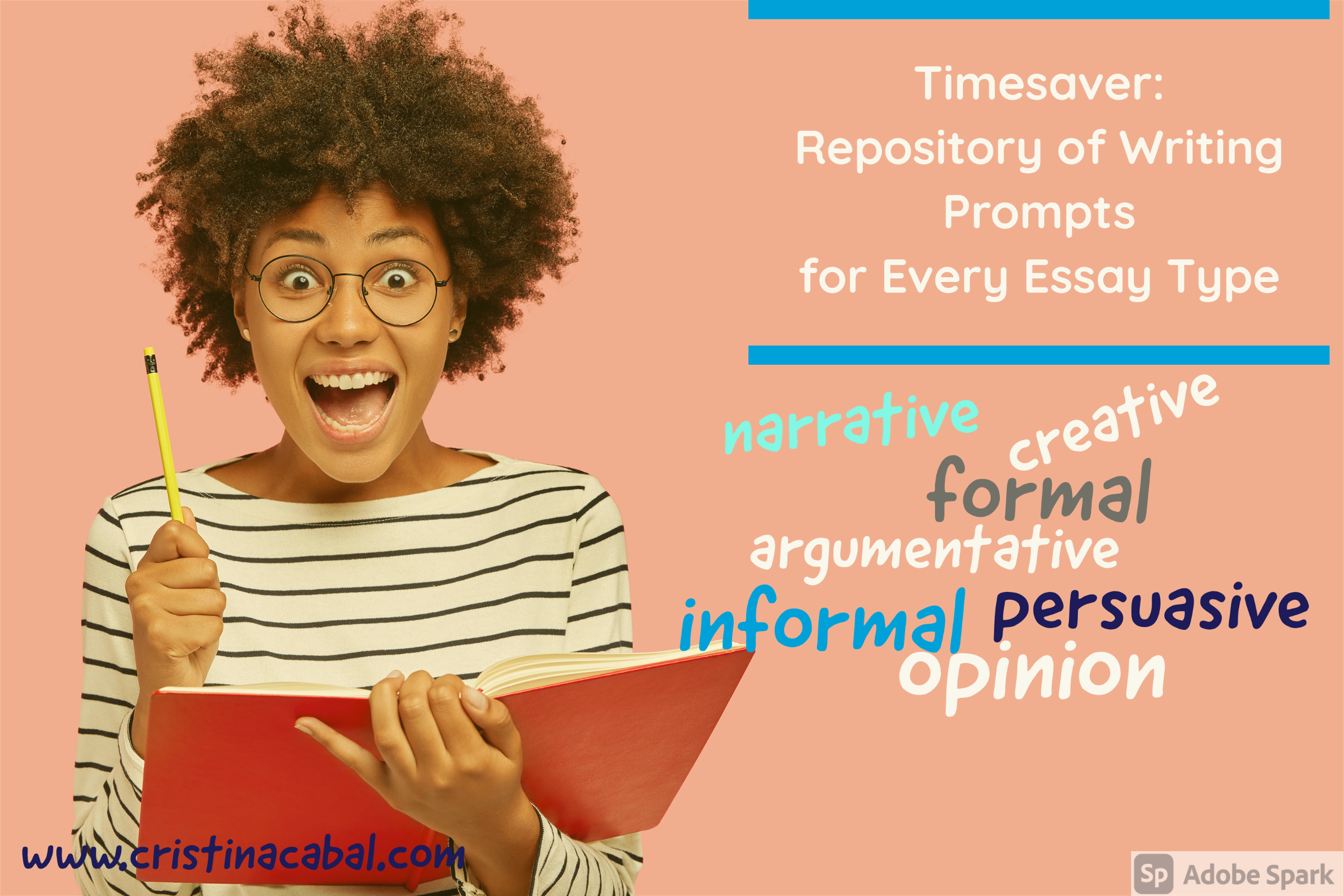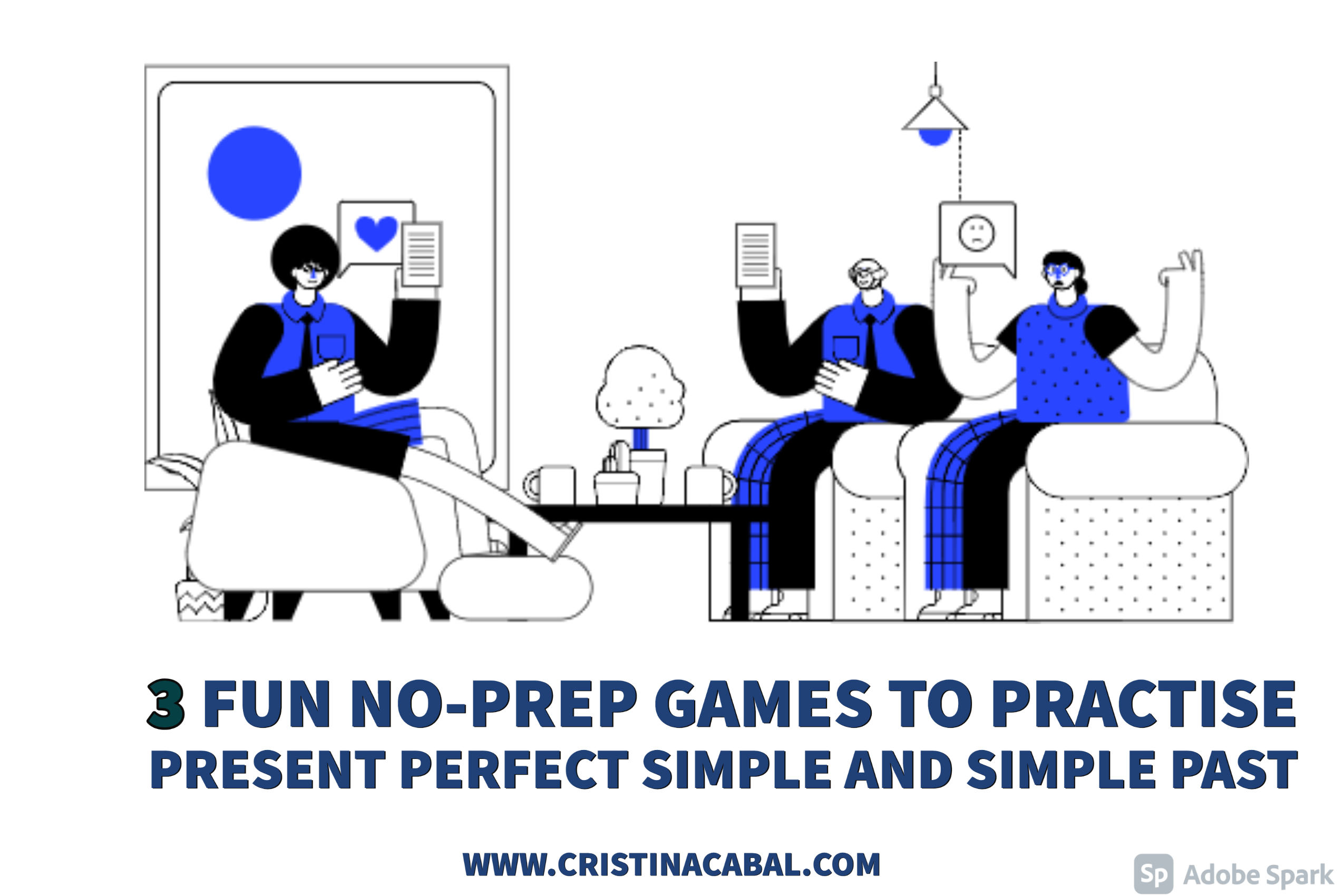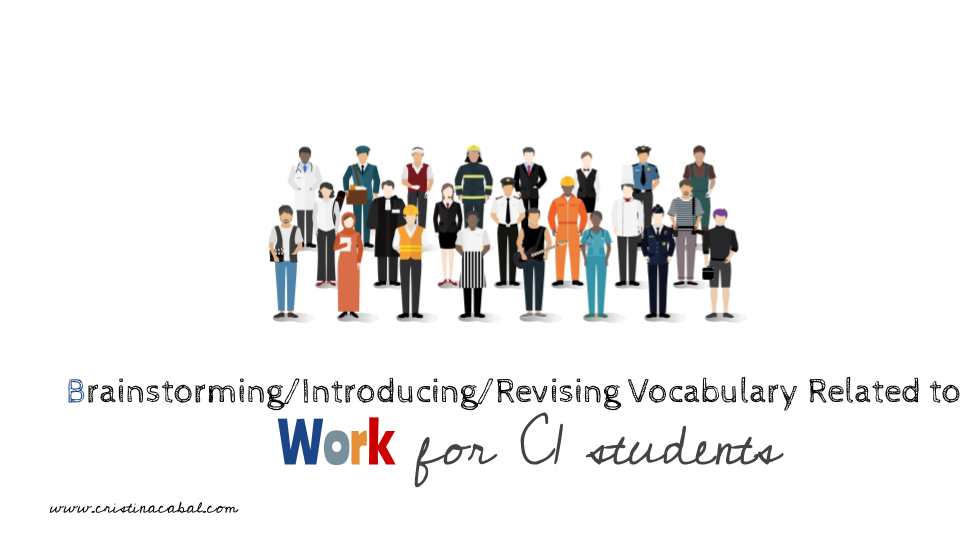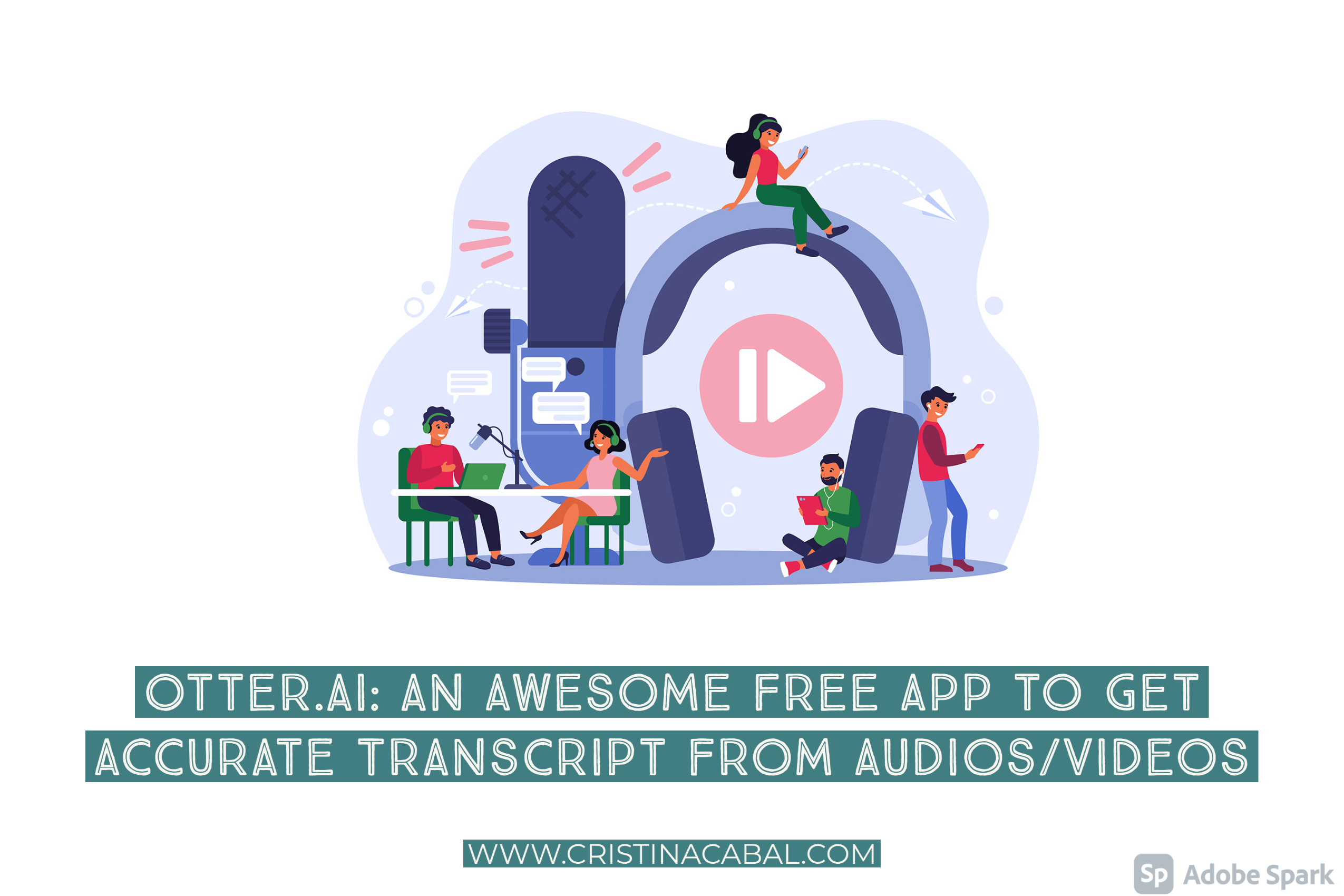I have to admit that talking about Travelling and Tourism might not be the best thing to do in these circumstances.
Like so many of you, it is been a long time since I have travelled anywhere on holidays and this summer we had to make the tough decision to cancel our long-anticipated plane tickets and stay put in Asturias. Which was totally the wise decision. But, still a hard one. So, I don’t really feel like giving my students this topic, but I need to follow the syllabus. So, here it goes!
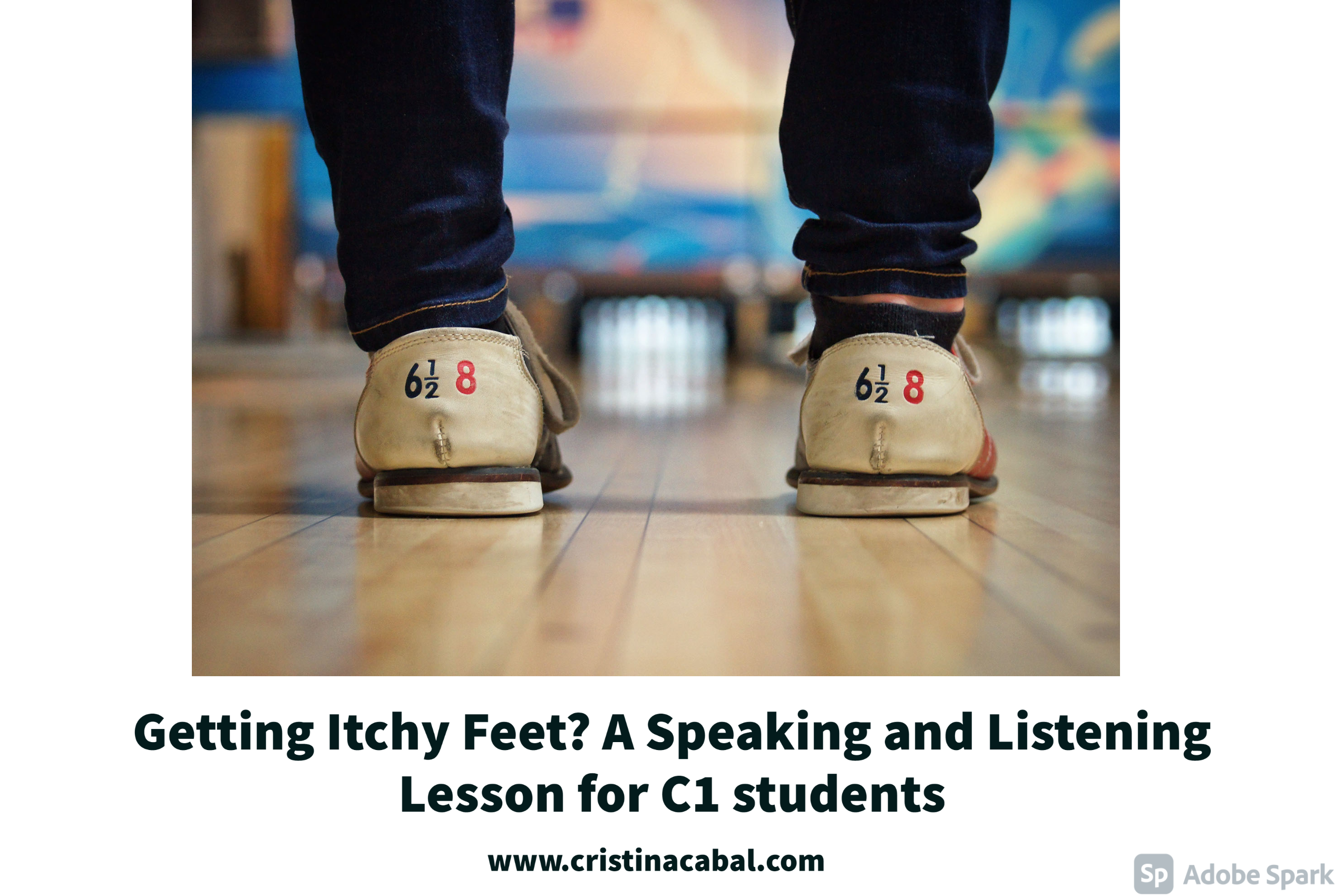
The first thing we need to do is acquire vocabulary and we did it in two different ways: by reading and listening.
Step 1: Reading Text from their Textbooks
There was a beautiful text with different holiday brochure extracts; note that when I say “beautiful” I mean packed with interesting vocabulary. So, the first activity was to open a collaborative board on NearPod asking them to contribute with a couple of words they didn’t know the meaning of. Apart from writing the definition, students were asked to write a sentence using this vocabulary in context. Together we read the extracts and used everyone’s contributions. I loved the activity and how students helped each other with a difficult text. This is what the board looked like. I
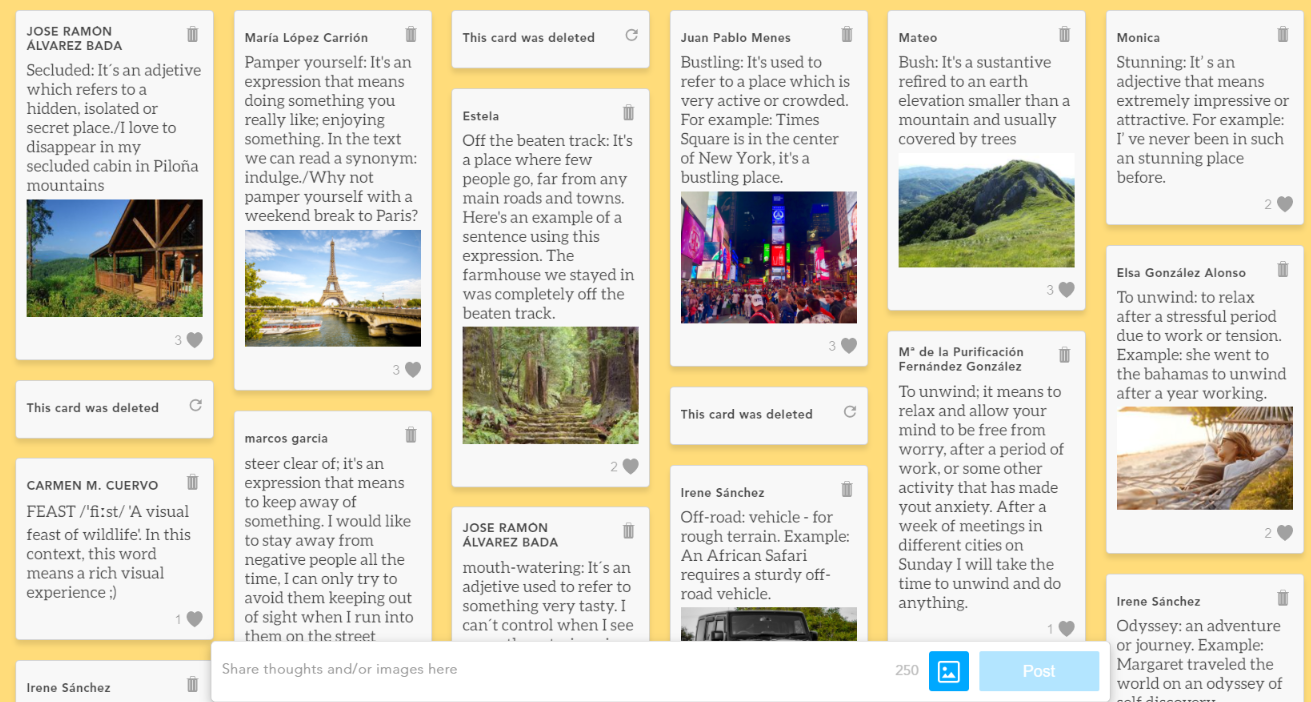
Step 2: Listening and Speaking
There are tons of videos about travelling and travelling issues and it is difficult to choose the best ones, but this has been my choice. I will probably be adding some more as we advance on the unit.
1. Covid 19 Travelling bans. More countries have banned arrivals from the UK because of concerns at the spread of a new variant of coronavirus. A sad topic, I know.
- Do travel bans work to stop the spread of the coronavirus?
- Would you now travel within your country; what about internationally?
- Can virtual travel replace real travel?
2. The greenest way to travel
The first video was given as homework and students were asked to jot down any relevant words. In class, we created this word cloud and worked on pronunciation.
Then, I asked my students to summarize the video trying to use words from the cloud.
Follow-up questions
-What’s your favourite means of transport?
-Does your city have a good public transportation system? What could be improved about it?
-What is good and bad about using public transport?
-When you visit a new place, the transportation system can be confusing. What good or bad transport experiences have you had in a new place?
-What transportation method will be common 50 years in the future?
3. Bizarre types of Tourism
- What type of traveller are you? Are there any differences between a tourist and a traveller?
- Do you agree that the destruction of many of the world’s idyllic places is inevitable?
- What kind of accommodation do you choose to stay in when you go somewhere? Would you consider using a web-based community service such as Couchsurfing, through which you stay in someone’s house?
- Do you like to try local foods when you go somewhere? Have you ever had something really delicious? Talk about it.
- Things can go wrong when you travel. Have you had any bad travel experiences?
- There are many types of specialised tourism like battlefield, culinary, eco, disaster, celebrity, health/medical tourism, volunteer …etc. How do you feel about them? Would you try any of them?
More interesting videos:
If you have any other interesting videos, do not hesitate to drop a comment below.

